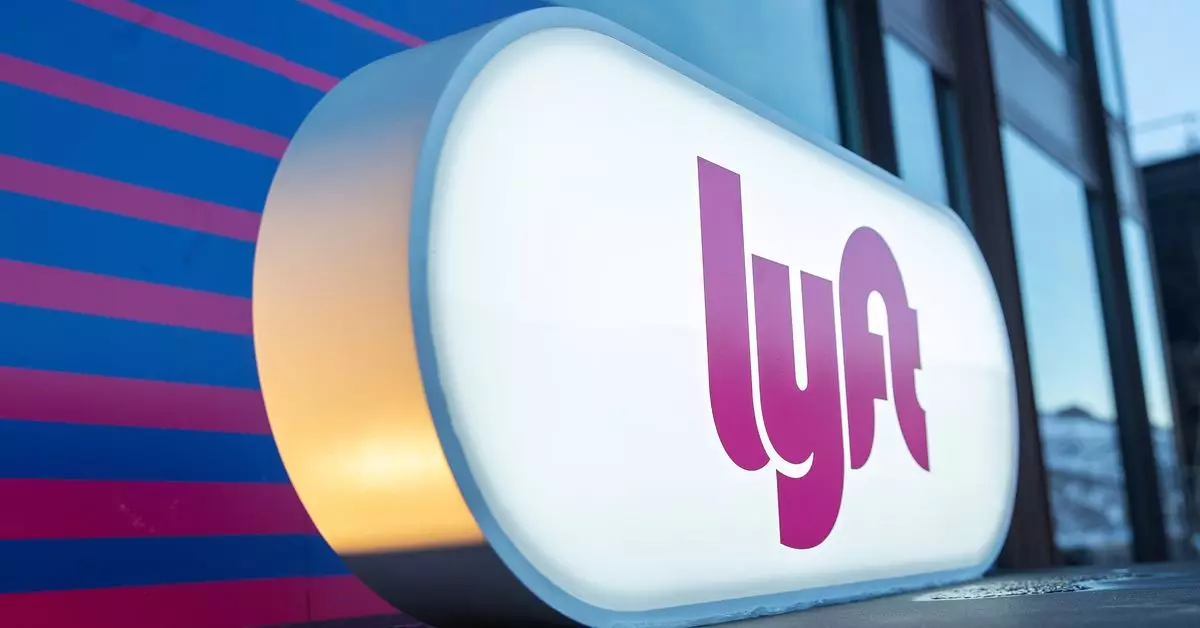In a significant move to enforce fair business practices within the gig economy, the Federal Trade Commission (FTC) has reached a proposed settlement with rideshare giant Lyft, mandating the company to pay $2.1 million. This action comes after an investigation unveiled that Lyft had been promoting misleading advertisements regarding driver earnings. Such practices not only misrepresent potential income for drivers but also raise significant ethical concerns regarding transparency in the labor market that gig platforms are operating within.
The crux of the FTC’s complaint lies in Lyft’s advertisements that promised drivers could earn “up to $33 per hour” when driving in cities like Atlanta. However, these figures were misleading, as they represented earnings from only the top 20% of drivers rather than reflecting a more realistic average. Additionally, the earnings claims had been inflated by incorporating tips into the hourly wage calculations. These practices led to an overestimation of driver earnings by as much as 30%, which the FTC deems unlawful and deceptive.
Lyft’s advertisements were not merely optimistic projections; they were calculated misrepresentations intended to attract potential drivers by painting a rosy picture of income possibilities. The FTC’s findings indicate that Lyft may have employed various tactics to bolster these inflated figures, including showcasing earnings guarantees that misled drivers about what they were entitled to receive.
For instance, Lyft promoted an earnings guarantee of $975 for completing 45 rides over a weekend, a figure that many drivers interpreted as a bonus atop their actual earnings. Instead, this guarantee was contingent upon drivers reaching a predetermined number of rides, essentially serving as a minimum pay threshold rather than an additional incentive. This ambiguity in communication is detrimental, as it misleads individuals seeking flexible work opportunities while obscuring the reality of what they may earn.
FTC Chair Lina M. Khan emphasized the agency’s commitment to holding businesses accountable for misleading and exploitative practices. “It is illegal to lure workers with misleading claims about how much they will earn on the job,” she stated, pointing to a growing trend in which gig economy companies like Lyft and Uber face scrutiny not just from regulators, but also from a workforce demanding fair treatment.
This settlement is part of a broader effort by the FTC to crack down on deceptive practices in the gig economy, recognizing the unique challenges faced by workers who often operate without traditional labor protections. It underscores the necessity for transparency in business operations, particularly in industries that rely on flexible labor arrangements, where workers may lack the bargaining power seen in more established sectors.
As part of the settlement, Lyft must adjust its advertising practices moving forward, clearly indicating typical earnings without inflating potential figures based on the highest earners or including tips in pay claims. This step towards increased transparency is crucial in rebuilding the trust of its driver community, which has been shaken by the revelations of deceptive practices.
Additionally, this settlement serves as a warning to other gig economy companies about the repercussions of misleading advertisements. With the FTC ramping up its examinations of labor practices, companies might be compelled to reassess their communication strategies to avoid legal repercussions and reputational damage.
Lyft’s agreement to modify its advertising practices reflects a significant regulatory step aimed at protecting gig workers and promoting fair practices in the labor market. As the gig economy continues to evolve, transparency, fairness, and adherence to legitimate earnings representations become increasingly vital in fostering a healthy working environment for all.

